/97866604-5797-4f56-a4ef-eb4059321e2f.png)
Create Effective Concept Maps with Our Concept Map Template | Energy & Concept Mapping Made Easy
Review Rating Score
Concept maps are a powerful tool for facilitating learning, organizing thoughts, and presenting complex ideas or concepts. Whether you are a student, educator, or professional, our Concept Map Template is a perfect solution for creating informative and engaging concept maps. It's an effective way to visually represent information in a structured format, making it easier to understand and remember.
What is a Concept Map?
A concept map is a diagram that represents connections between different ideas or concepts. It shows the relationships between various elements and how they relate to a central idea. Concept maps are beneficial for learning and presenting complex information in a structured, easy-to-understand way. They offer an excellent way to organize, connect, and visualize ideas and information related to a particular topic.
How to Create a Concept Map with Our Template
Our Concept Map Template is an intuitive and user-friendly tool that allows you to create comprehensive and professional-looking concept maps. Here's a simple guide on how to use it:
- Download the Template: Visit our website and download the Concept Map Template in DOCX format.
- Begin with the Main Idea: Start by writing down the central idea or concept in the middle of the page. This could be a keyword, a phrase, or a sentence that summarizes the main topic or theme you want to explore.
- Add Branches and Sub-Topics: From the central idea, add branches or lines that connect to different sub-topics or related ideas. Write words or short phrases on each branch to represent these concepts.
- Connect the Branches: Connect the branches or sub-topics by drawing lines and arrows between them. These will help to illustrate the relationships between different elements.
- Add Descriptions and Details: Provide additional information or details by adding notes, descriptions, or illustrations to each branch or sub-topic. These could include examples, definitions, statistics, or images that explain and elaborate on the ideas.
- Organize and Format: Once you've added all the necessary information, organize the concept map in a structured and visually appealing way. Use color coding, font styles, and other formatting options to make it more attractive and engaging.
- Save and Share: Save your concept map as a PDF or image and share it with others. It's an excellent way to present ideas, explain complex concepts, and collaborate with colleagues or classmates.
Download Our Concept Map Template
Our Concept Map Template is an invaluable tool for enhancing your learning and presenting ideas in a concise, structured way. Visit BizzLibrary.com now and download our Concept Map Template in DOCX format today, and start creating visually appealing and informative concept maps without any hassle!
Is the template content above helpful?
Thanks for letting us know!
Reviews
Chrissy Zamora(7/8/2023) - USA
Thank you for the Doc!!
Author. Content was provided by:
Elizabeth Davis
Elizabeth is from the sunny desert city of Phoenix, Arizona. She is thrilled to connect with professionals and like-minded individuals who share a passion for social technologies, content creation, and the exciting possibilities that AI brings to the world of social media. Her hobbies are hiking, climbing, and horse riding. Elizabeth has a master's degree in Social Technologies that she received at the ASU (Arizona State University). As a freelancer, she mostly contributes content related to IT. This includes articles on templates and forms provided by our community.
Follow Elizabeth
Last modified
Our Latest Blog
- The Importance of Vehicle Inspections in Rent-to-Own Car Agreements
- Setting Up Your E-mail Marketing for Your Business: The Blueprint to Skyrocketing Engagement and Sales
- The Power of Document Templates: Enhancing Efficiency and Streamlining Workflows
- Writing a Great Resume: Tips from a Professional Resume Writer
Template Tags
Need help?
We are standing by to assist you. Please keep in mind we are not licensed attorneys and cannot address any legal related questions.
-
Chat
Online - Email
Send a message
You May Also Like
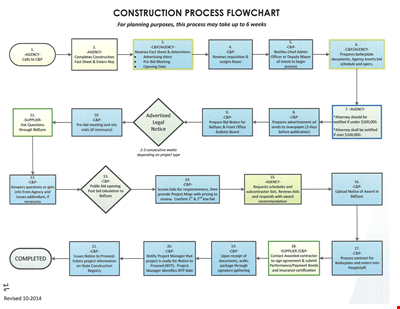
Create Professional Project Flow Charts with our Free Template
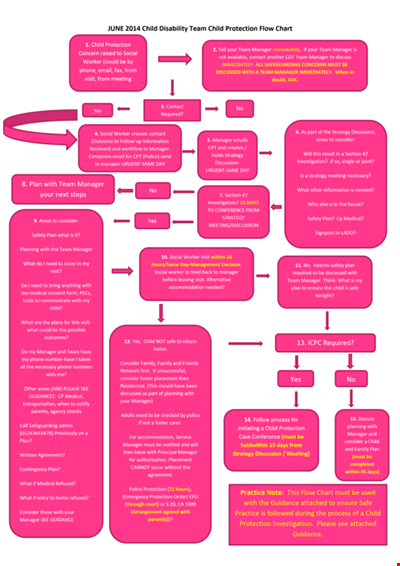
Social Event Flow Chart Template - Plan, Organize, and Execute Memorable Events
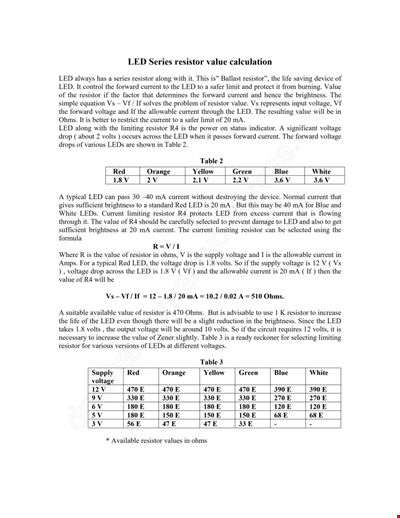
Calculation Resistor Value Chart For Led

Reward Template for Kids | Printable Behavior Chart & Chore Chart

Organizational Chart Template, Editable Org Chart, Free Download
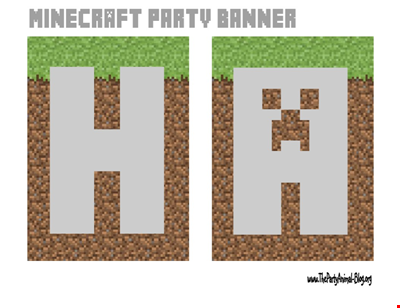
Minecraft Birthday Banner - Buy Customizable Party Decorations

Personal Food Calorie Chart
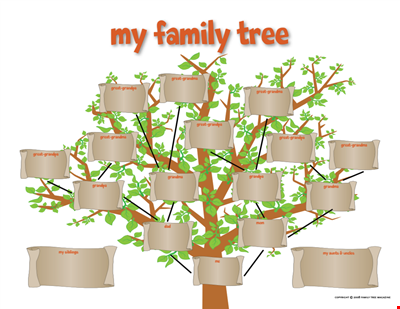
Family Tree Chart For Kids
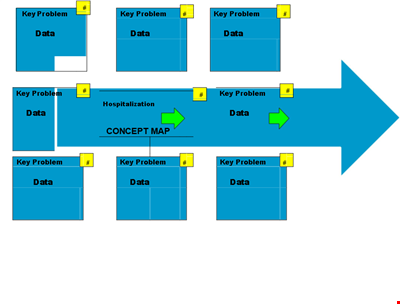
Create Organized Concepts with Our Concept Map Template - Solve Problems & Analyze Reasons
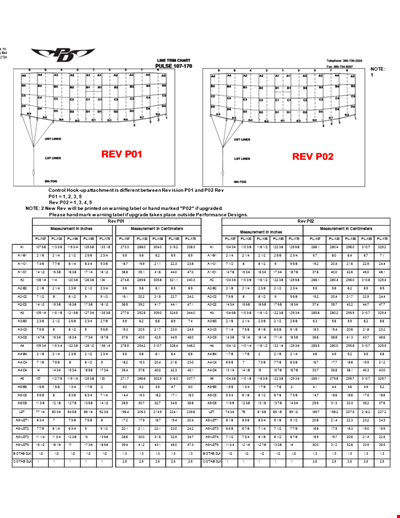
Find the Ideal Pulse Rate with Our Chord Tool
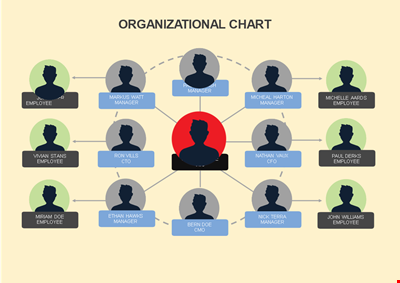
Org Chart Template Word
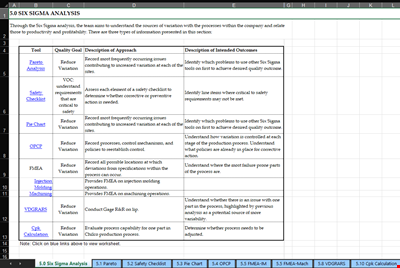
Understand and Reduce Process Variation with a Pareto Chart
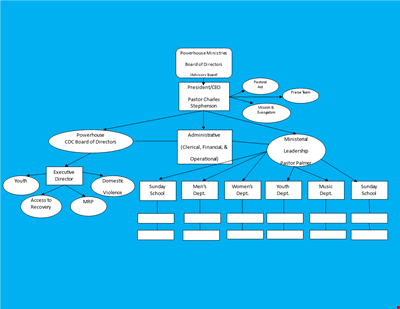
Create an Organizational Chart Template - Easily Visualize Your Company Hierarchy

Free Vintage Family Tree Template
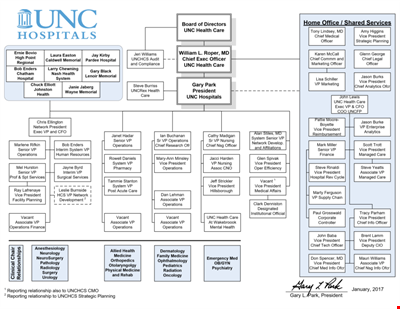
Large Hospital Organizational Chart Template - Download Now
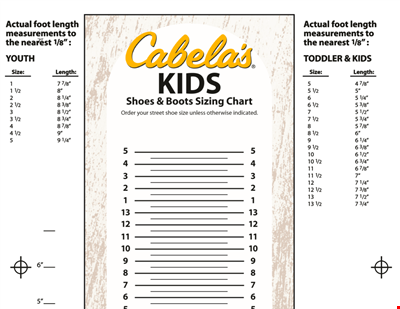
Printable Shoe Size Chart for Kids: Find the Perfect Fit for Your Little Ones